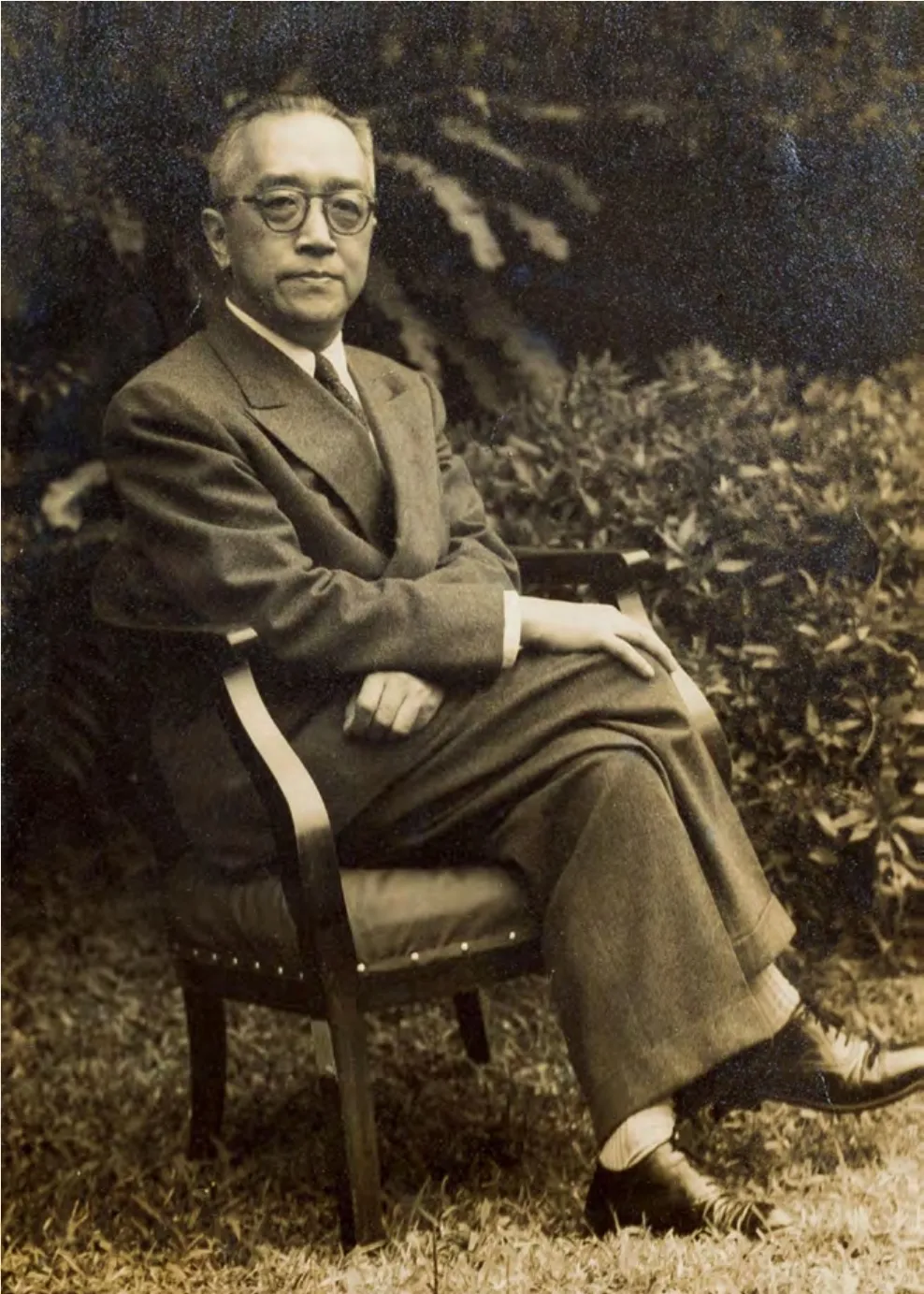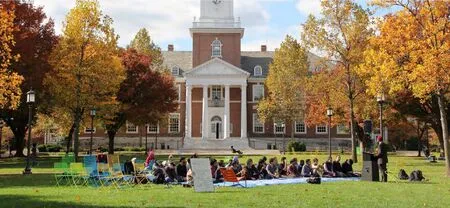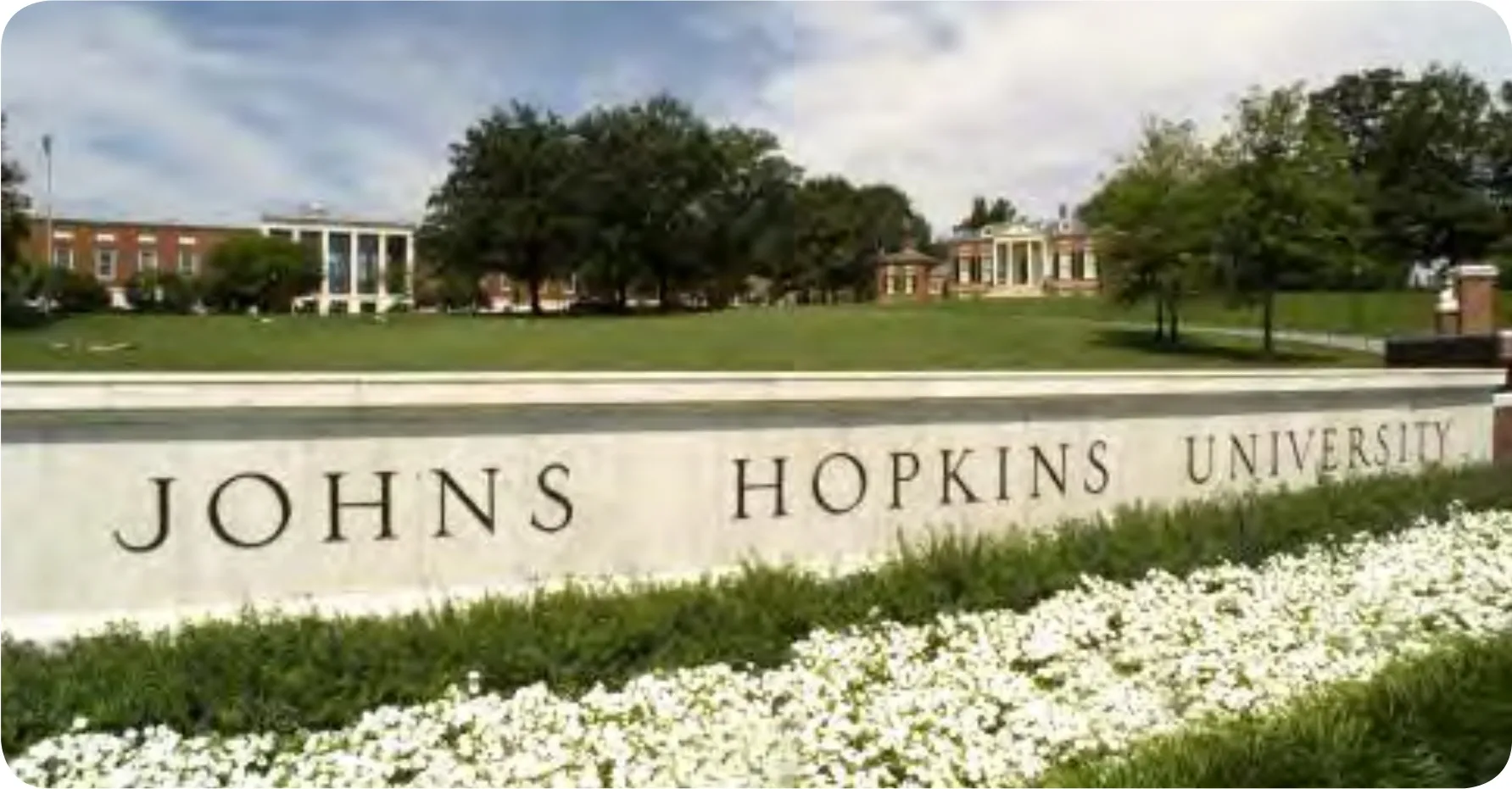Never Give Up Your Dreams
2017-11-27LecturegivenbyHuShih
Lecture given by Hu Shih
Record written by Wang K’ai Translated by Wang Xiaoke
Never Give Up Your Dreams
Lecture given by Hu Shih
Record written by Wang K’ai Translated by Wang Xiaoke
On October 17th, 1947, Mr. Hu Shih delivered a lecture at the Nanking University of Politics. A few days later, on October 22nd, his lecture was published on the second page of Social Welfare, a Shanghai-based newspaper, with a title of “Young People Should Keep Their Dreams,” credited as coming from “Wang K’ai’s Notes.”
More than a decade ago, when I worked as the editor-in-chief of Independent Comments, I was often gratified to receive quite a few articles from the students of the Nanking University of Politics. It made me feel that the university was promising.
The prospect of employment is not a concern for students at certain universities. The young people should never give up their dreams, no matter what they are: to be an elite lawyer, to be a venerable economist, a historical philosopher, or a political thinker. All students should keep their dreams alive;and any of those dreams may come true in five to ten years.
Now I will tell you a story of how a dream fulfilled.A dream of one hundred years can be fulfilled in fifty years; and a fifty year dream in twenty years.
1947年10月17日,胡适在南京政治大学发表一次演讲,演讲的记录稿后来以《年青人应该有梦想》为题,发表于上海《益世报》1947年10月22日第2版,署名“王开笔记”。
十多年前,当我主办《独立评论》的时候,时常收到不少政校学生的稿子,使我很高兴,我觉得这个学校很有前途。
学校出路广狭,这是小事,年青人不要放弃梦想:我要成为一个法律权威、经济权威、历史哲学家、政治思想家。诸位都应作此梦想,也许五年十年内会实现。
我讲一个梦的实现的故事。梦想一百年实现的,也许五十年就实现;梦想五十年实现的,也许二十年会做到。
我在学生时代的日记中,写出我的梦想、朋友们的梦想与我周围的人的梦想。现在看起来,许多已经实现。我梦想改革中国的文字,放弃文言,把活人用的白话作文学的工具,也许三十年、五十年才成为教育的工具。我们几个大学生作此梦想,打笔墨官司,想着几十年后会成功。26年前的教科书与幼稚园的书都用文言写,现在都已改为白话,白话已成教育工具。可是,二十年前,这不过是一个梦啊。
97年前,美国有两个小青年,一个21岁,一个22岁,大些的叫怀特,小些的叫葛尔门。他们刚从耶鲁大学毕业,便被美国驻俄公使选为学生随员,先后游历英法德俄等国,三年后回国,都梦想改革美国大学教育,最少要使美国大学比得上欧洲第一流大学。怀特在35岁时,便做了我的母校康乃尔的首任校长,时在1865年,为两个创办人之一。他的梦想算是实现了。
葛尔门回美后,在耶鲁大学服务。当时,耶鲁大学神学及文科教授每年拿2600美金,科学研究还不配列入耶鲁大学,仅远远地设了一个谢斐尔科学馆,一个教授每年只能拿到2000美金。25岁那年,他做了科学馆图书主任。他梦想着要开发美国富源,非效法欧洲的大学不可,必须有各类科学的研究人才。30岁时,他居然做了加利福尼亚大学校长。加州大学当时事实上仍是学院而已,由省议会管着。他做了两年,虽稍有改革,但仍不过瘾。
这时,华盛顿北边巴尔的摩城,有一个大资本家叫约翰·霍布金斯的,立遗嘱说,他的遗产350万美金办一所大学与一所医院。1873年霍布金斯死后,遗产董事会请当时著名的三所大学校长商量办一个什么样的大学。
In the diary from my school days, I recorded my friends’ and acquaintances’ dreams together with my own. Some of them have already come true. Take mine for example, I kept thinking about reforming Chinese language from classical to written vernacular, using ordinary people’s spoken words to write. I hoped that the new Chinese language would be adopted in official education in some 30 to 50 years. A few other students and I fought a battle of words, holding a dream, wishing it would be realized in decades. 26 years have passed since then, and the change has been made.The textbooks in schools and kindergartens are now written in vernacular Chinese. The impossible dream has come true.
97 years ago, there were two young men in the United States, Andrew Dickson White, 21 years old,and Daniel Coit Gilman, 22-year-old. Both of them were selected as student retinues by an American envoy in Russia as soon as they graduated from Yale University. In the next three years, they traveled to European countries including England,France, Germany, and Russia before coming back to the U.S. where they started to dream about reforming domestic college education so that American universities could match their European counterparts of the first rank. At the age of 35,White became the first president as well as one of the two founders of Cornell University, which is also my alma mater. He realized his dream in his own way.
When Gilman returned to the U.S., he started his career at Yale University. At that time, a professor of theology or of literature had an annual income of around 2,600 dollars, while a science professor could only have 2,000 dollars per year,as scientific research had just begun in Yale—and science researchers only had the Sheffield Science Museum on campus. When Gilman was 25 years old, he became a director librarian in Sheffield. He knew that only by modeling European ones and cultivating various scientific researchers could American universities serve America well. At the age of 30, he unexpectedly became the president of the University of California, though only a little reformation was made during his two years in office, for the university was a public institute governed by the State Council. It was surely not satisfactory for him.
At the same time, Johns Hopkins, a rich capitalist who lived in Baltimore City in northern Washington made a will, in which he promised to donate 3.5 million dollars for the purpose of establishing a university and a hospital. When Mr.Hopkins died in 1873, the Estate Board sought advices about what a university they were to build from the presidents of three famous universities.

Andrew Dickson White安德鲁·迪克森·怀特

Daniel Coit Gilman丹尼尔·科伊特·吉尔曼(胡适译作“葛尔门”)
三位校长是哈佛大学的爱而立、康乃尔大学的怀特、密西根大学的贵尼,他们一致认为,巴尔的摩是一个商业城市,文化水准低,办学校只应从一年级办起。三位校长又推荐葛尔门做新大学的校长。1874年,他43岁那年,接受邀请到巴尔的摩去,他说,办大学应从研究院办起,不收本科学生。他主张用重金去聘请世界第一流教授来执教,他认为无数学生都想到外国留学,因为国内无研究院实验室可作研究呀。现在给他们研究费,有成绩的做研究员,次也者做研究生,再提款办数学、物理等大杂志,使教授学生的研究结果有发表机会,包管可以办一个好大学,把本科丢给别的学校去办好了。
后来,霍布金斯大学虽也办本科,但肄业年限只有一两年。1875年他44岁时,董事会正式请他做霍布金斯大学的首任校长。民族杂志上发表了他的主张,即,“大学即研究院,研究院即大学”,这是他给大学下的新定义。
这时,350万基金已变为700万了。他用重金聘请英美第一流学者,后来又挑选一批优秀的研究生,这些研究生中出了许多了不得的人才。他又创办11种刊物,这些刊物在各科中都占着头等地位。
1876年,葛尔门45岁时,霍布金斯大学开学。开学的第一天,便成为全国公认的第一所好大学。岂不快哉!他主持霍布金斯大学25年,1902年他70岁时才退休。
退休那天的庆祝会上,第一个演说的,是代表校友及教授的威尔逊先生,他说:“你25年来的成就与理想,影响全国,改变了大学的定义,开了大学教育的新纪元。”这位威尔逊先生便是14年后的威尔逊总统,其他著名的哲学家如杜威、罗以斯,经济学家如伊黎等,都是霍布金斯大学研究院的博士。
庆祝会上,最后演说的是先前主张办一年级本科的哈佛大学校长爱而立,他公开宣告:“葛尔门先生,你是对的,你的成功使得我们有胆子敢办研究所,也使我们不得不办研究所,我们的成功都是你逼出来的。”
97年前的两个小青年,在欧洲看了点东西所生出来的梦想,终于实现,影响全国。现在哈佛大学一万学生,本科只有几千人,加利福尼亚大学数万学生,本科生只有一千人。全国高等教育的学术风气,终于按照一个21岁的年青人的梦想实现了。
年青人们,梦想不妨高点、远点,将来会实现的。♦
(本文为节选;摘自《鲁迅研究月刊》2016年第6期)

Note:
Hu Shih (Chinese: 胡适, 1891-1962)was a Chinese philosopher, essayist and diplomat. Hu is widely recognized today as a key contributor to Chinese liberalism and language reform in his advocacy for the use of written vernacular Chinese. He was influential in the May Fourth Movement, one of the leaders of China’s New Culture Movement, was a president of Peking University, and in 1939 was nominated for a Nobel Prize in literature.
The three presidents were Charles W. Eliot of Harvard University, Andrew Dickson White of Cornell University, and James Burrill Angell of the University of Michigan. They agreed that the new university should only provide undergraduate courses for Baltimore, a poorly educated yet thriving business city. They also recommended Gilman, 43 at the time, to work as the university president.
In his opinion, there were so many American students who would like to study abroad because there were no available laboratories in the U.S. at the time; if the students could have some financial support, things would be different. The better students then could become researchers, while others could continue their studies as graduates. So they could issue journals about mathematics and physics, providing a platform for professors and students to publish their research results. That was his ideal university without undergraduates.
Well, the undergraduate education existed in the new university, but it could only provide a two-year program. When Gilman was 44 years old in 1875, he formally became the first president of Johns Hopkins University. Meanwhile, The Nation Magazine published his new definition of a college—that “university means institute, and vice versa.”
That was when the Johns Hopkins capital fund increased from 3.5 million to 7 million.Gilman employed some first-class scholars from America and Britain, and then selected a group of excellent graduates, many of whom later became extraordinary figures. He also started 11 periodicals which all played very important roles in various subjects.

Campus of Johns Hopkins University 霍布金斯大学校景
When Johns Hopkins University opened in 1876(Gilman was 45), it instantly had a nationwide reputation as “the best university of the States.” It was a wonderful success for Gilman. And then he worked there for 25 years until his retirement in 1902, at the age of 70.
When Gilman retired, Mr. Thomas Woodrow Wilson, on behalf of schoolmates and professors,delivered a speech, in which he said, “During the last 25 years, your dreams and achievements have brought a huge influence on the whole country.Your unprecedented ideas not only changed the definition of universities but also started a new era of college education.” 14 years later, Mr. Wilson was elected as president of the United States. Other speakers of the day include philosophers such as John Dewey and Josiah Royce, and economists such as Richard Theodore Ely, who all were PhDs of research institutes in Johns Hopkins University.
The last speaker of the event was Mr. Charles W. Eliot, president of Harvard University, who had expected to establish a university that “only provides undergraduate courses.” He openly admitted that “Mr. Gilman was right,” and that“your achievements set a good example for us universities, encouraging as well as pushing us to do the same things. Our success would be unimaginable without you.”
That was how the dreams of two young men 97 years ago finally became a reality and made a big difference in their nation with their little observations in Europe. Nowadays, only several thousand students out of all the ten thousand at Harvard University are undergraduates.Furthermore, there are only one thousand undergraduates out of tens of thousands students at the University of California. A better academic atmosphere in the U.S. higher education world has been created; and all this originated from the dream of a 21-year-old man.
Dear young folks, it’s alright for you to have bigger dreams. However impossible they seem to be, they may come true one day.♦

霍布金斯大学 Johns Hopkins University
(Excerpted from Lu Xun Research Monthly,June 2016)
不放弃梦想
文/胡适 笔记/王开 译/王小可
the invitation; however,he insisted that the creation of the new university should start from the establishment of research institutes, and that there was no need to recruit undergraduates. He also thought that they should pay a lot of money to get “the best professors from around the world” as well as provide considerable funds for scientific research.
